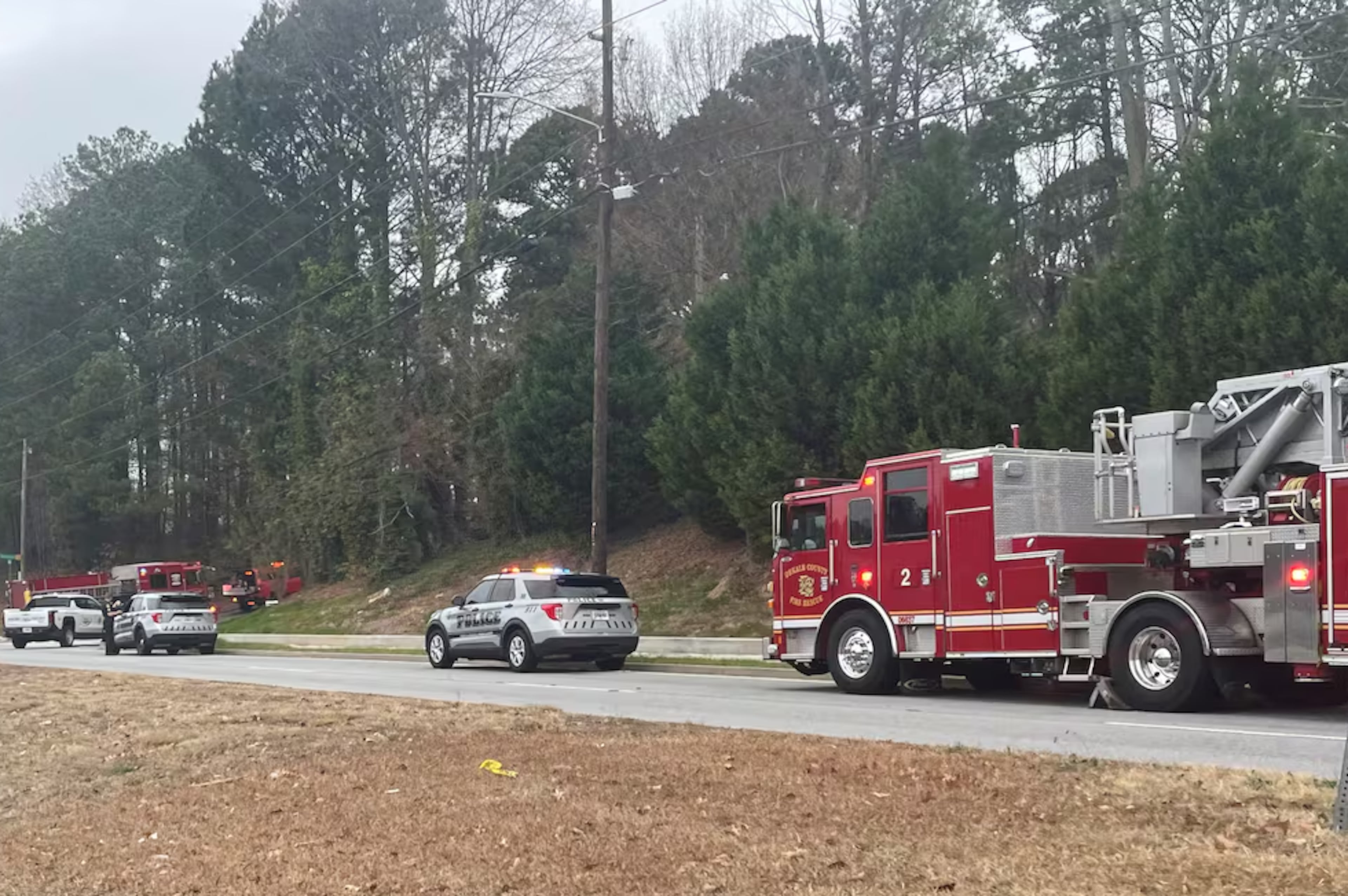This land was once going to become a fuel terminal. Now it’ll be a city park


A year and a half ago, a massive swath of land near the banks of the Chattahoochee River was on track to becoming a fuel terminal to move ethanol, oil and other commodities from train cars.
With a vote by the Atlanta City Council on Monday, that land is now slated to become a 75-acre park with a memorial to historical atrocities that occurred there.
The council officially approved the city’s $27 million purchase of the site in northwest Atlanta off Bolton Road formerly owned by Chattahoochee Brick Company, founded by former Atlanta Mayor James English.
From the 1870s until the early 1900s, the company participated in the state’s convict leasing program, which forced people incarcerated at Georgia’s prisons, mostly African-American men, to perform backbreaking work. Leased through a state-run system, they suffered and some even died on the job from abuse and a lack of care.
The land is currently owned by Lincoln Energy Solutions, a South Carolina-based company had planned to lease the land to rail giant Norfolk Southern to build the fuel terminal.
Residents, with support from Councilman Dustin Hillis and former Mayor Keisha Lance Bottoms, opposed those plans. Last February, Norfolk Southern announced it was abandoning its plans after Bottoms’ administration took legal action to stop them from developing the land.
The city is working with The Conservation Fund on the $27 million purchase. That includes $1 million for closing costs and $4 million coming from the Kendeda Fund. The Conservation Fund is a national nonprofit that helps governments purchase and preserve land as public greenspace.
About $10 million will come from the Department of Watershed Management. The legislation directs the city’s Chief Financial Officer to identify funding for the additional $12 million the city is committing.
The city hasn’t provided a timeline for when the park could be open, but said it will work with community members on specific plans. It also plans to construct a memorial honoring the victims of convict leasing.




